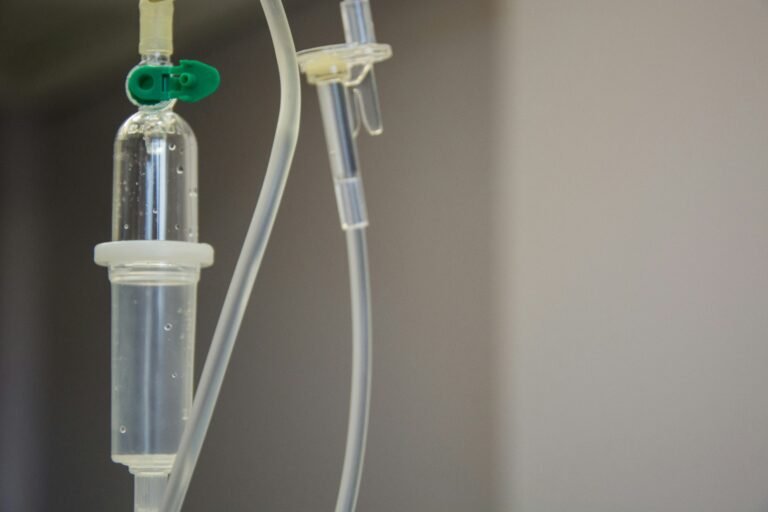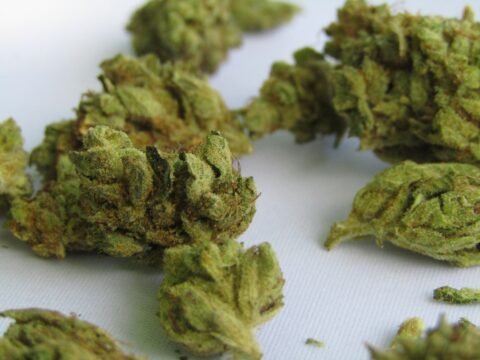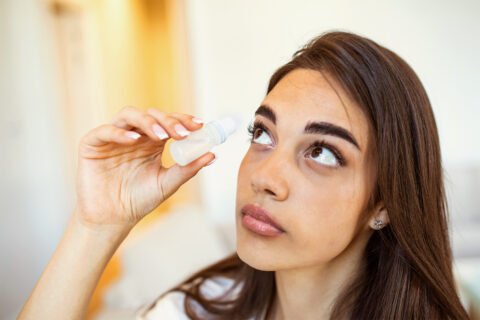Photo by Marcelo Leal on Unsplash
Opiate addiction is a serious health concern that can have major consequences. Although quitting opiates can be physically daunting, the impacts it will have on your mental health are similarly concerning.
That is why it becomes crucial to seek professional help. Those who are seeking rapid opiate detox can look for some excellent detox centers. Opiate detox centers ensure that your experience is not just quick but also thorough and attuned to your personal needs. These are safe spaces that address your needs through tailored treatment programs. In this blog, we will discuss the facts and tips that guide or aid you in taking care of your mental health during opiate detox.
Understanding Opiate
But before discussing the intricacies of opiate detox, one must first know what opiates are. They are a class of drugs that originate from the opium poppy plant. They may range from prescription pain relievers like morphine and codeine to oxycodone, street drugs that include heroin. Long-term consumption of opiates is very dangerous because it creates physical dependence or addiction.
The Comprehensive Opiate Detox Timeline and Symptoms
Opiate detox is complicated and may vary from one individual to another, whether that be in duration or intensity. Here is an estimated timeline of what you might expect and some details of what you are likely to experience:
Early Stages
Withdrawal Symptoms can begin within a couple of hours of cessation from opiate use and can include the following:
- Nausea and vomiting
- Anxiety and irritability
- Sweating and chills
- Muscle cramps and pains
- Cramps and diarrhea
- Depression
- Sleeplessness
Peak Withdrawal
This may occur within 24-48 hours and is often the most miserable period of withdrawal. Examples to illustrate such signs may include the following symptoms:
- Intense cravings
- Agitation and irritability
- Racing heartbeat
- Widened pupils
- The presence of goosebumps on the skin
Recovery Phase
The recovery phase sets in once the worst withdrawal symptoms subside. It may, however, take a few weeks or even months for the mind and the body to adjust.
Preparing for Opiate Detox
Seek Professional Help
It is highly recommended to overcome opiate addiction that one enrolls in a professional detox program. These centers offer a safe environment that is well-structured, medically supervised, and supported. Besides this, professionals can assess your unique needs and provide an individualized treatment plan. They will be able to manage symptoms of withdrawal and treat any underlying medical condition.
Build a Support Network
A great support system can make all the difference in your recovery journey. Surround yourself with your family, friends, or support groups that provide emotional support, encouragement, and accountability. Share your experiences with others who understand what you are experiencing. Support groups can also serve as a great method to learn new insights and ways to cope with your struggles.
Develop Coping Mechanism
Learning positive ways of dealing with situations is an important element in the handling of stress, anxiety, and cravings associated with the process of detoxification from opiates. Practice meditation and deep breathing to help you be in the present moment. It also helps manage stress and mood regulation better. Engage in hobbies or activities that you enjoy. This is a good diversion and can help improve your mood. Do what works best for you.
Prioritize Self-Care
Another very crucial part of the recovery process is to take care of your physical health. Follow a proper diet and consumption of nutritious food that will help your body get all the necessary nutrients. This will help you regain your energy and sleep sufficiently. You can make regular exercise a part of your schedule, which would lower your level of stress, elevate your mood, and increase your energy levels. Just remember not to overexert during this sensitive time period of your withdrawal.
Be Patient
Recovery is a journey, and it may take time for the body and mind to recover. Go easy on yourself, appreciate the small achievements, and celebrate them, no matter how little they seem. Setting realistic goals and never comparing oneself with other people’s journeys is very important. Note that setbacks occur in every person’s journey; what is important is gaining experience from them and moving on.
Conclusion
Maintaining good mental health during opiate detoxification can be associated with successful recovery. You can surely get through this rather difficult time with more resiliency and hope by understanding the process, seeking professional help, and learning healthy coping mechanisms. Remember, you are not alone, and with the right support, you will be able to defeat addiction for a healthier, happier life.

Daniel J. Morgan is the founder of Invidiata Magazine, a premier publication showcasing luxury living, arts, and culture. With a passion for excellence, Daniel has established the magazine as a beacon of sophistication and refinement, captivating discerning audiences worldwide.





